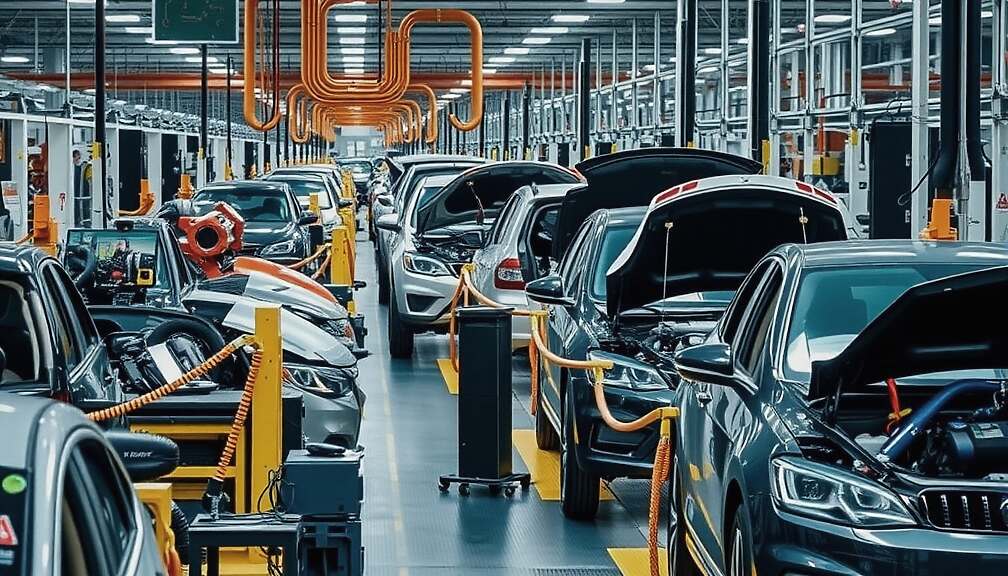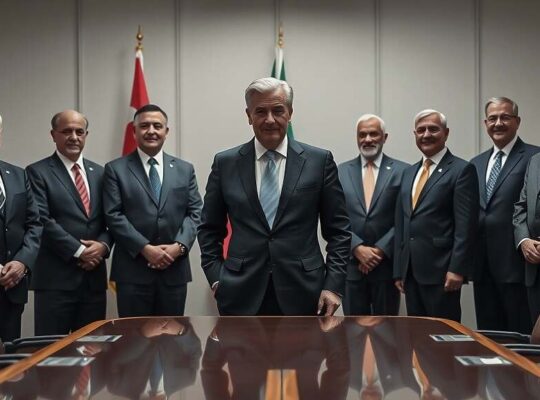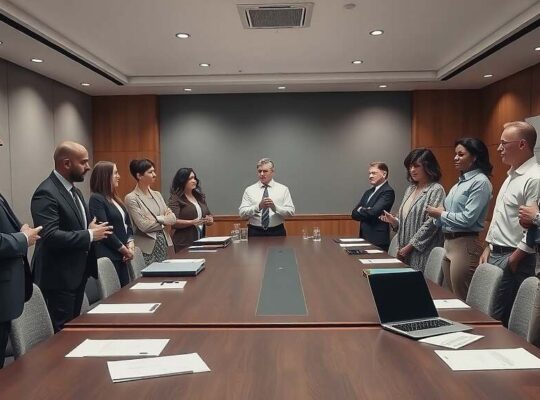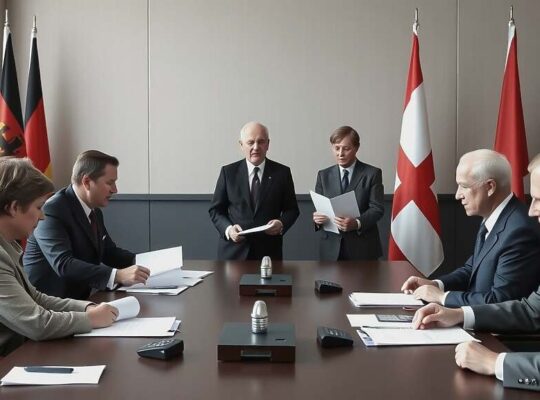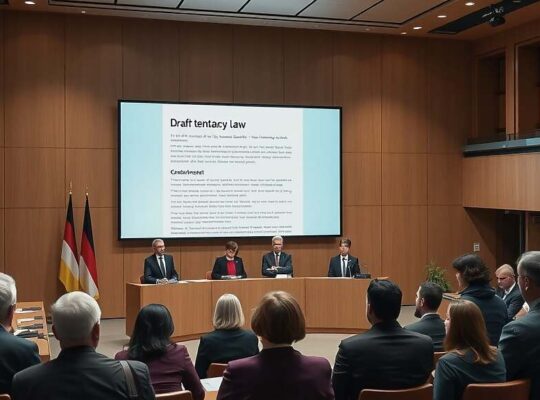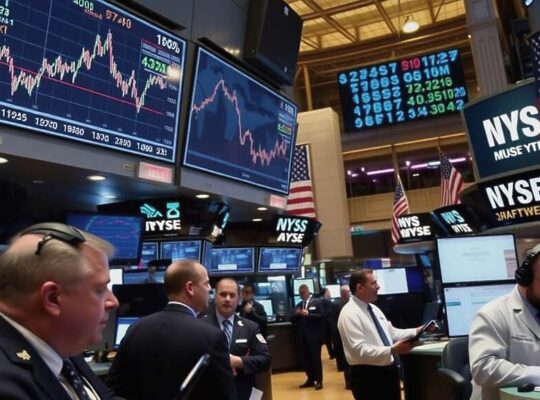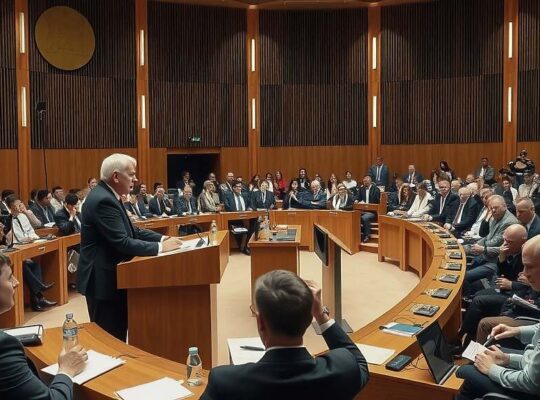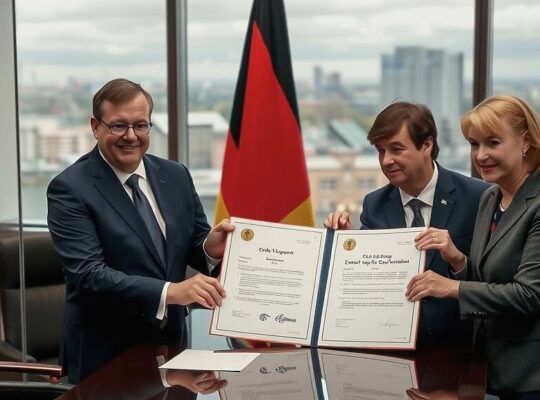The automotive giant Volkswagen faces a period of intense scrutiny as outgoing Porsche CEO Oliver Blume delivers a stark assessment of the sports car manufacturer’s current predicament. In an interview with “Bild am Sonntag”, Blume characterized Porsche as being “in a massive crisis” painting a complex picture of geopolitical headwinds significantly impacting profitability.
Blume specifically highlighted the loss of revenue streams from crucial markets – China, the United States (due to tariffs), Russia and Ukraine – collectively accounting for two-thirds of Porsche’s historical sales. This points to a broader vulnerability within the Volkswagen Group, heavily reliant on international trade and exposed to shifting political landscapes. While Blume emphasizes a substantial restructuring planned for 2025, encompassing changes to internal structures, cost management and product strategy, the immediate impact of these market losses is undeniable.
The leadership transition to Michael Leiters, Blume’s designated successor, has been presented as a positive development. Blume lauded Leiters’ expertise and capabilities, noting that he considered him for the role previously, signifying confidence in his ability to navigate the challenges ahead. However, the underlying issues remain – a critical shift in global markets and the need for a swift and decisive response.
Adding further complexity is the ongoing chip crisis, impacting Volkswagen and the wider automotive sector. Blume underscored the fragility of global supply chains, emphasizing the unusual nature of the current shortage, which centers around comparatively simple chips integral to diverse industries, particularly automotive production. He stressed the need for a prompt “political solution” to alleviate the crisis, implicitly placing the onus on governments to intervene and secure chip supply.
The frankness of Blume’s assessment raises concerns about the long-term viability of Porsche’s current business model and its resilience to external shocks. While the planned restructuring and the appointment of a seasoned executive offer a glimmer of hope, the statement serves as a stark reminder of the deep-seated political and economic vulnerabilities facing a global automotive leader. The success of Porsche’s future hinges on resolving these challenges and forging a path through increasingly uncertain global conditions.


